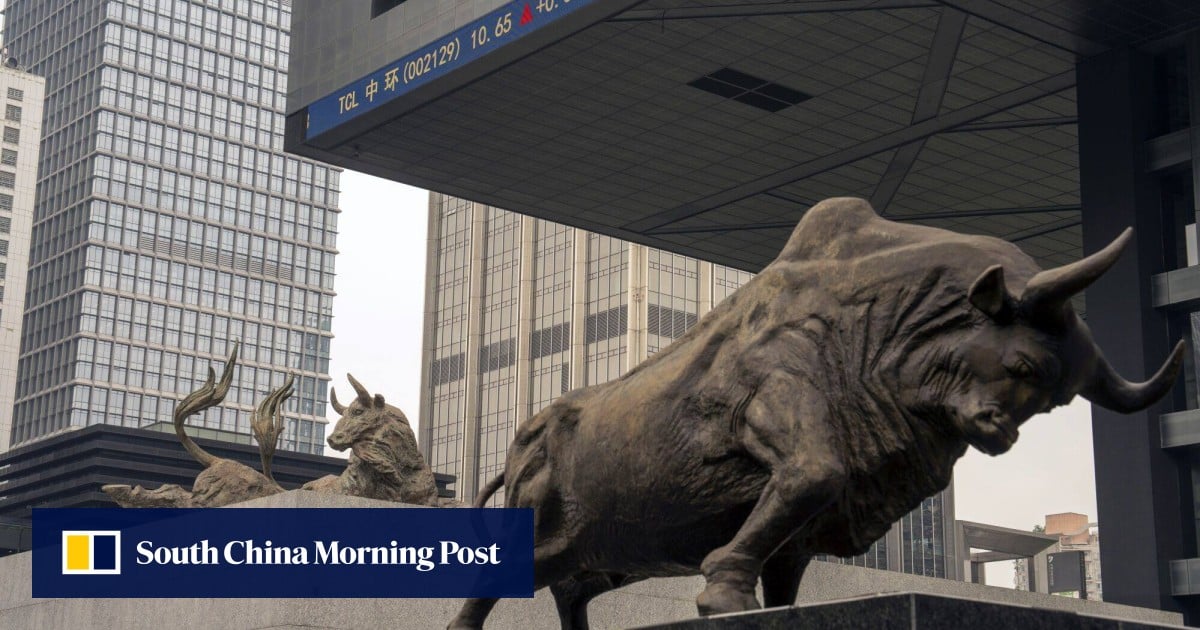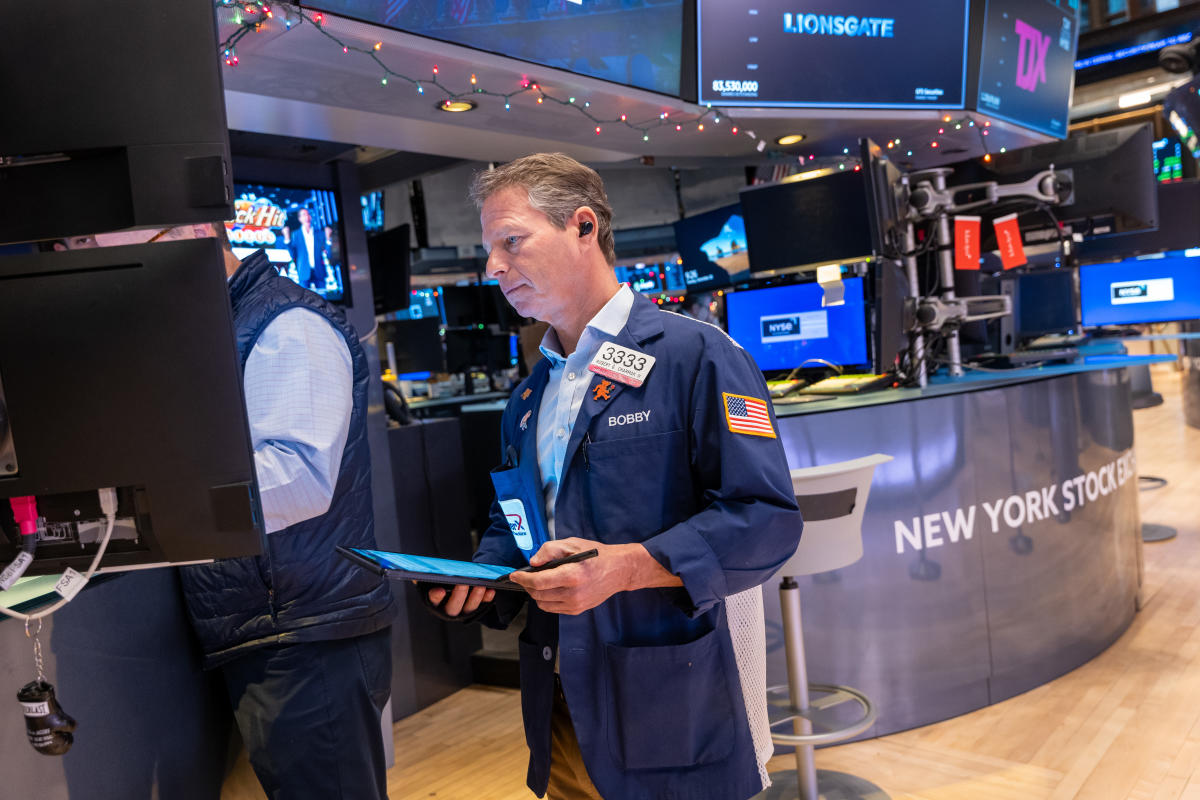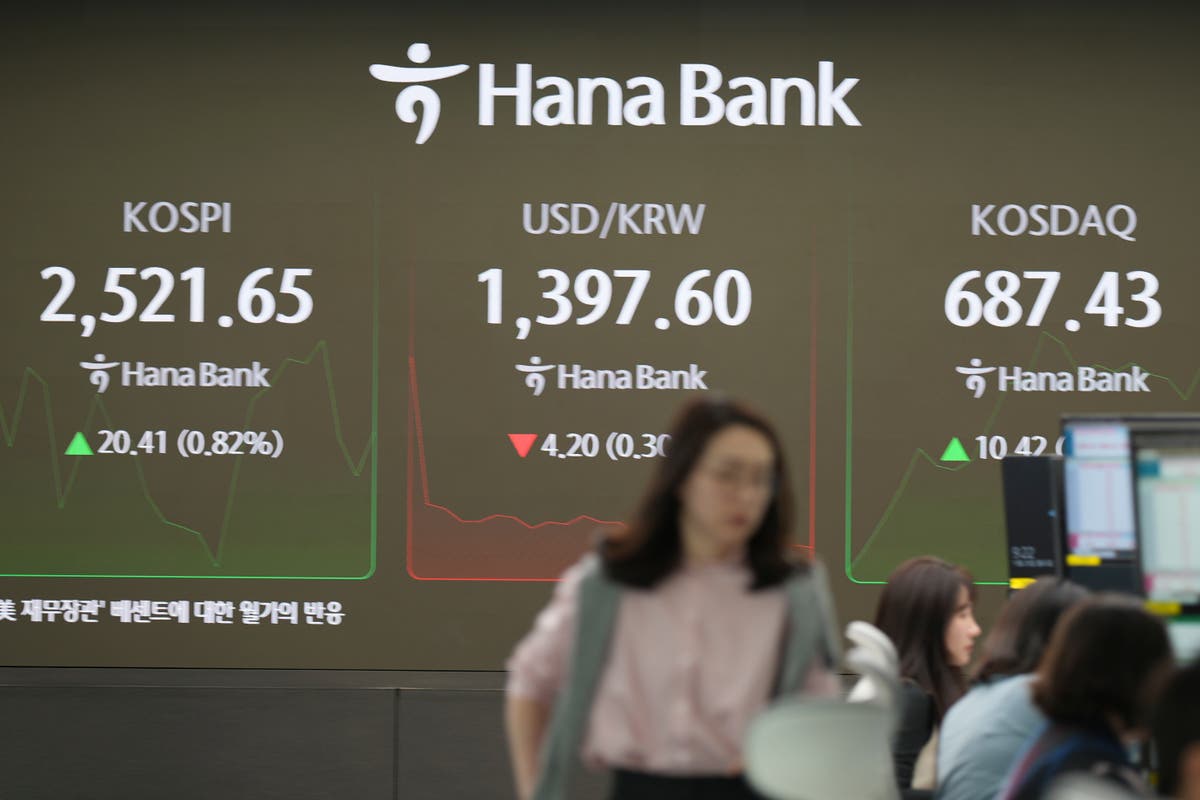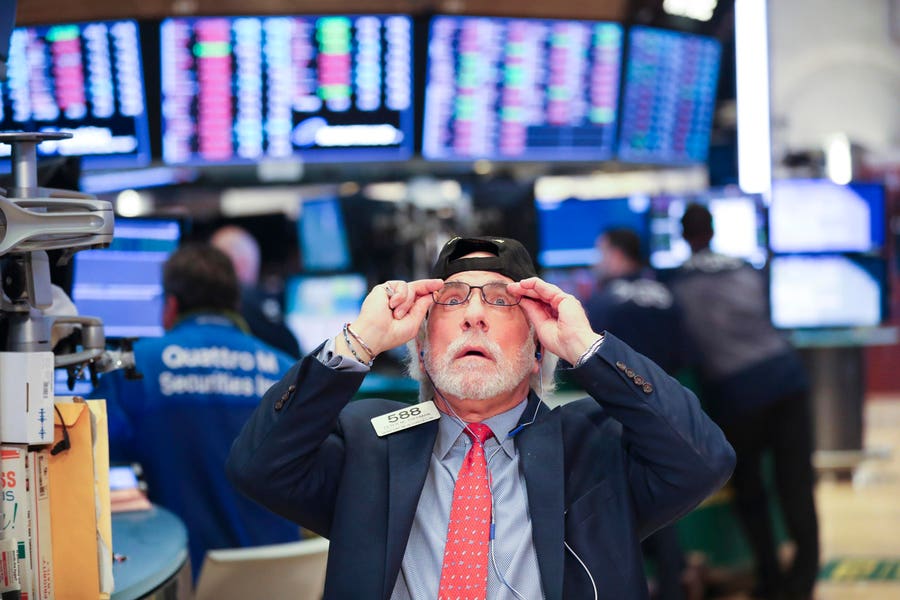Hedge fund giant Bridgewater misses out on stock market bull run, ditching Chinese stocks in first quarter
Bridgewater Associates, the world’s biggest hedge fund, pulled back drastically from Chinese stocks again last quarter, slashing its investment by nearly 90 per cent from a peak two years ago. The move may have been too hasty and caused it to miss out on the recent bull run.
The Connecticut-based firm cut its stakes in nearly all the US-listed Chinese stocks it holds, including Pinduoduo, Yum China, and Trip.com, by 31 to 78 per cent in the first three months of this year, according to its latest 13F filing with the US Securities and Exchange Commission (SEC) on Tuesday. Bridgewater completely divested from Lufax, one of China’s largest online wealth management platforms.
The latest retreat was the most aggressive since the June quarter of 2023, when Bridgewater sold off nearly a third of its Chinese stock holdings as hopes of China’s economy rebounding strongly after Covid-19 lost steam.
By the end of March, the total value of Bridgewater’s 17 Chinese stock holdings had plummeted to US$313 million, an 86 per cent drop from a peak of US$2.2 billion in early 2022, according to calculations by the Post.
The withdrawal came as a three-year slump in Chinese stocks spilled over into the beginning of 2024. The MSCI China Index, which tracks 703 Chinese stocks listed at home and abroad, fell by as much as 12 per cent in the first quarter, while other major indices such as the S&P 500 in the US, Japan’s Nikkei 225 and India’s Nifty advanced by 2 to 20 per cent, reaching record highs.

05:39
Hong Kong stock market falls below 15,000 level, its lowest in 15 months
Hong Kong stock market falls below 15,000 level, its lowest in 15 months
However, the sell-off came just before a powerful rebound, which might have sidelined the hedge fund giant from the bull run now under way. The MSCI China Index has surged by nearly 28 per cent since a January low, restoring over US$2 trillion of value to Chinese companies listed on the mainland, and in Hong Kong and New York, according to Bloomberg data.
“The time to buy is when everyone hates the market and it’s cheap, which is now the case in Chinese equities,” Ray Dalio, the retired founder of the firm, said in a LinkedIn blog last month. China’s debt problems, deflationary pressures and geopolitical conflicts mean some concerns are warranted, but none of the problems outweigh the country’s investment appeal, he said.
Encouraged by the rally, global funds have turned more positive and shifted some of their allocations back to undervalued Chinese equities, according to Daiwa Capital Markets. Net purchases by US hedge funds have risen over the past two weeks, and long-only investor sentiment in Singapore and Europe is also improving, it said.
Besides stocks, Bridgewater also reduced its investments in two China-focused exchange-traded funds, iSHARE China Large-Cap ETF and iShares MSCI China ETF, by 69 and 58 per cent respectively. The former tracks an index of large-cap Chinese equities traded on the Hong Kong stock exchange, while the latter focuses on large and mid-sized companies accessible to international investors.
Among other portfolio changes, Bridgewater increased its stakes in Chinese electric-vehicle makers Li Auto by 5 per cent.
The Chinese companies made up a small portion of Bridgewater’s portfolio of global assets detailed in the 13F filing – a mandatory quarterly report listing the equity holdings of large fund managers.
Over all, the hedge fund reported a 10 per cent jump in the value of its global equity investments to US$19.8 billion, according to the filings.


















